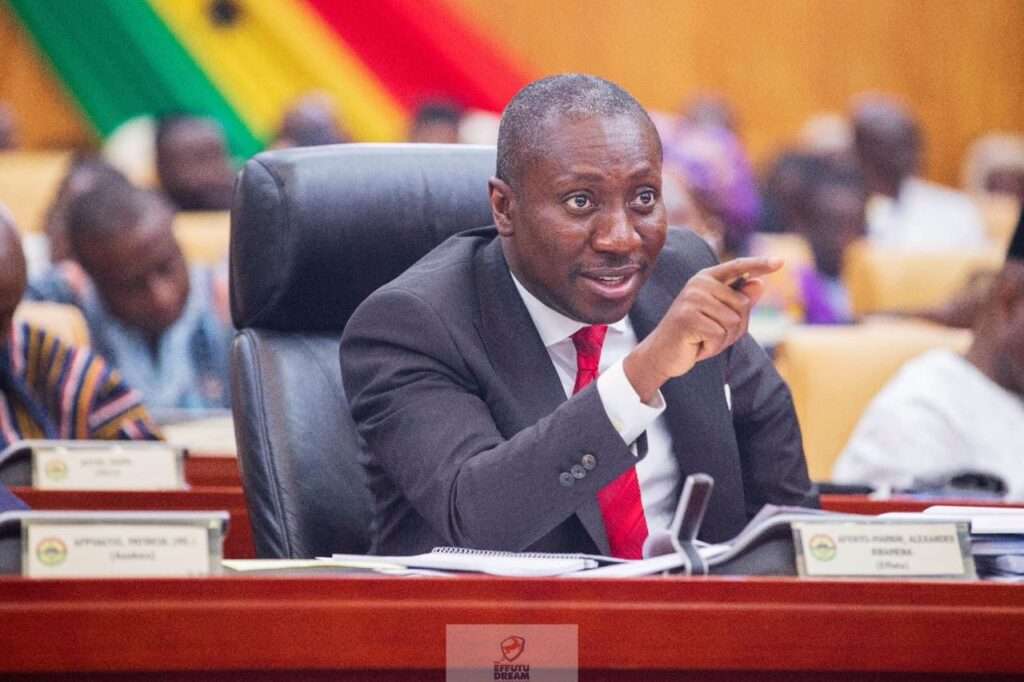In a significant development regarding the future of Ghana’s Free Senior High School (SHS) policy, Professor Stephen Adei, former Rector of the Ghana Institute of Management and Public Administration (GIMPA), has called for a comprehensive stakeholder engagement on the proposed bill aimed at institutionalizing the program.
This bill is being discussed in response to concerns about the sustainability and potential cancellation of the Free SHS policy by future administrations, as well as the challenges it currently faces. Prof. Adei emphasized the need for transparency if the majority in parliament is ready to present the bill.
Prof. Adei believes that the introduction of the bill would provide an opportunity for the public and stakeholders to understand the government’s plans and contribute to the discourse.
“I believe that whatever the law is when it comes out, it will give some of us an opportunity to know what the government is thinking about, what they are pushing forward, and we will either ask them to be treated, opposed, or reject it.”
Professor Stephen Adei, former Rector of GIMPA
Meanwhile, the Ghana Education Service (GES) has already approved Parent Associations (PAs) to raise funds in support of the Free SHS policy. This move follows the government’s 2019 decision to halt Parent Teachers Association (PTA) levies due to complaints about high costs, leading to the restructuring of PTAs into PAs.
The newly released Guidelines Document for Parents’ Associations in All Pre-tertiary Schools, endorsed by the GES, underscores the valuable role these associations play in school development.
The GES emphasizes that while parent associations should function independently of school management and staff, they are encouraged to explore various avenues to generate funds for school development.
However, they are explicitly prohibited from levying any fees on students or pupils. This autonomy is intended to ensure that the associations can effectively support schools without imposing additional financial burdens on families.
Government Aims to Enshrine Aspirations into Law

At a recent press briefing, Majority Leader Alexander Afenyo-Markin highlighted the government’s intention to enhance the Free SHS policy’s effectiveness and sustainability, aligning with the aspirations outlined in Chapter 5 of the Constitution. He noted that while these constitutional provisions are not legally binding, the government aims to make them enforceable through legislation.
“I’m also able to report that the Education Minister will present the Free SHS Bill to Parliament. Chapter five of the Constitution provides some aspirational indicatives.”
“Those are not justiciable, but once by a policy of the government, an aspiration as a message by the constitution is put into action then to make it justiciable, you enact.”
Majority Leader Alexander Afenyo-Markin
The proposed Free SHS Bill seeks to address the various challenges facing the policy and ensure its continuity regardless of changes in government. Stakeholder engagement, as advocated by Prof. Adei, will be crucial in shaping a bill that reflects the needs and concerns of all parties involved, ensuring the sustainability of the Free SHS policy for future generations.
Hon. Alexander Afenyo-Markin further stated, “There are provisions in the constitution that you cannot enforce; you cannot claim the right to those provisions. The fact that they are there does not mean that you can apply to the court to enforce those rights; they are aspirational.”
As the government prepares to present the bill, the involvement of educators, parents, policymakers, and the broader community will be essential. Transparent discussions and inclusive debates will likely foster a more robust and widely accepted educational policy, helping to secure the future of Ghana’s youth through sustained access to free secondary education.
The developments around the Free SHS policy highlight the ongoing efforts to improve educational outcomes in Ghana, balancing aspirations with practical solutions to ensure equitable access to quality education for all students. The upcoming parliamentary discussions and the anticipated stakeholder engagements will be critical in shaping the future of this landmark policy.
READ ALSO: Leaders Gather For G7 Summit




















